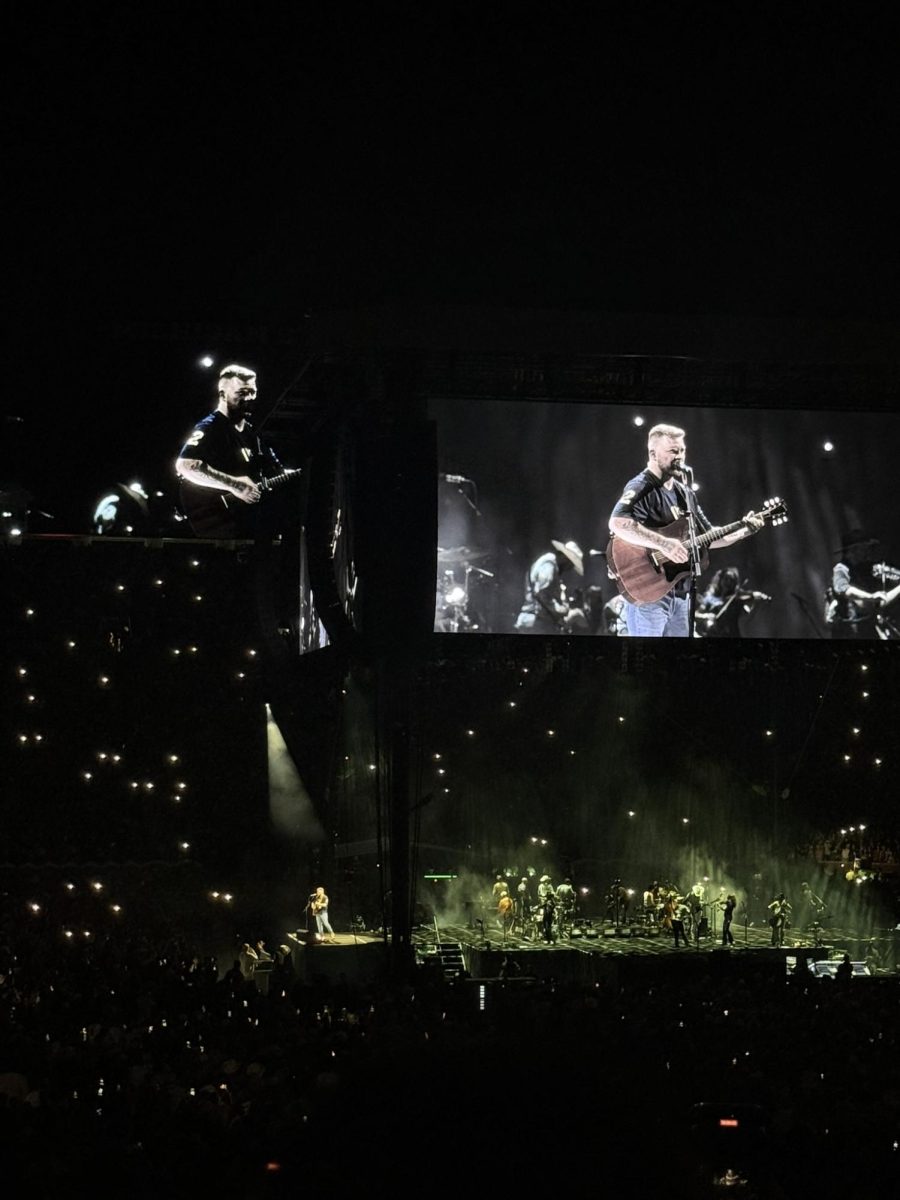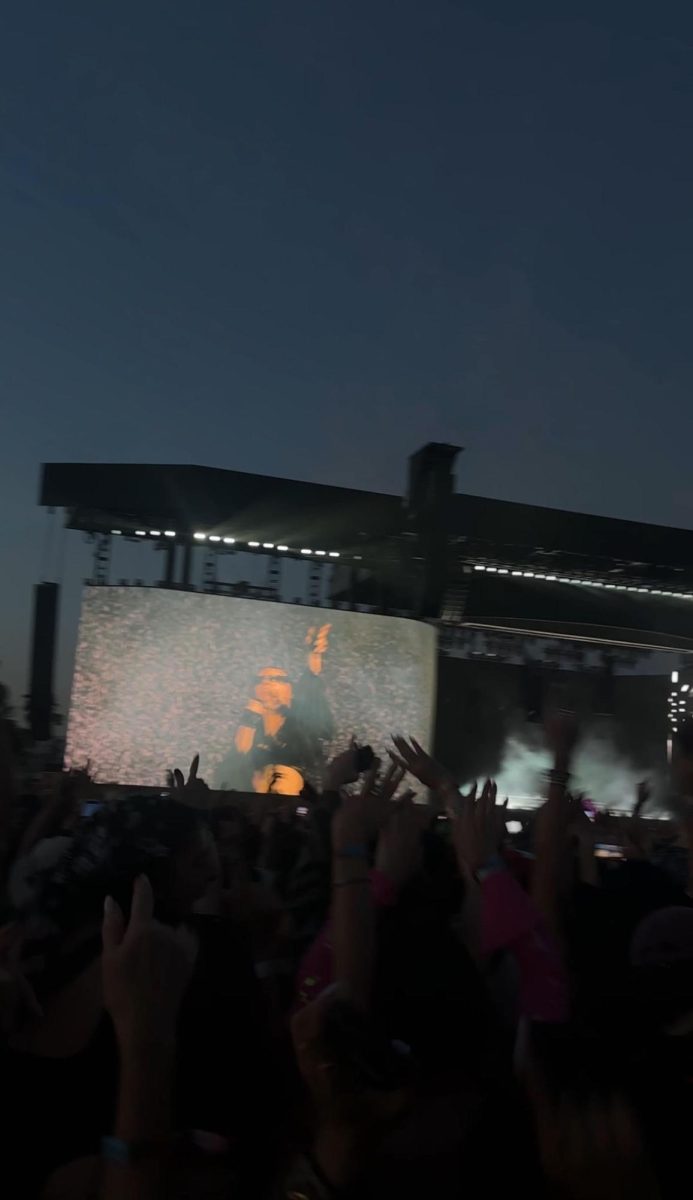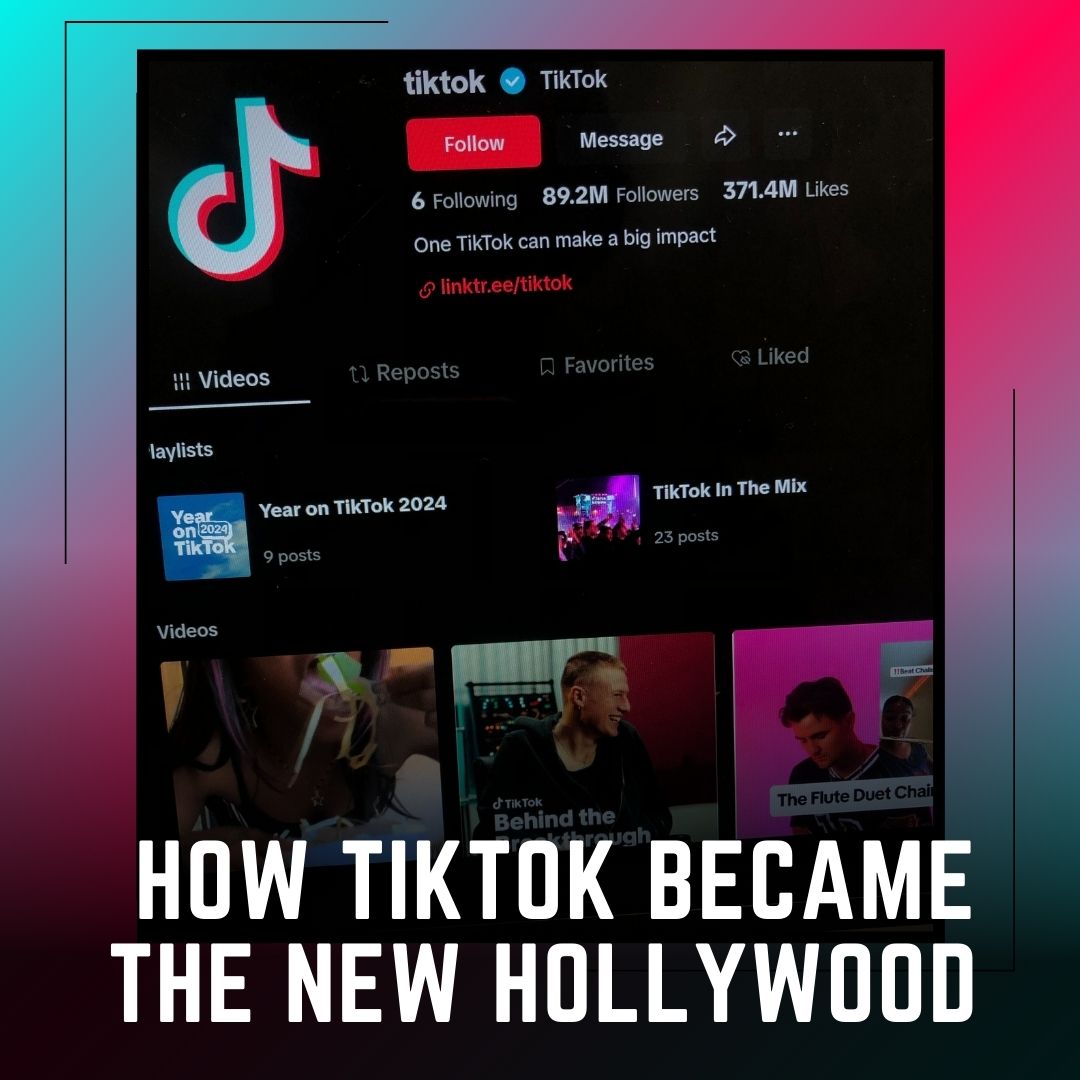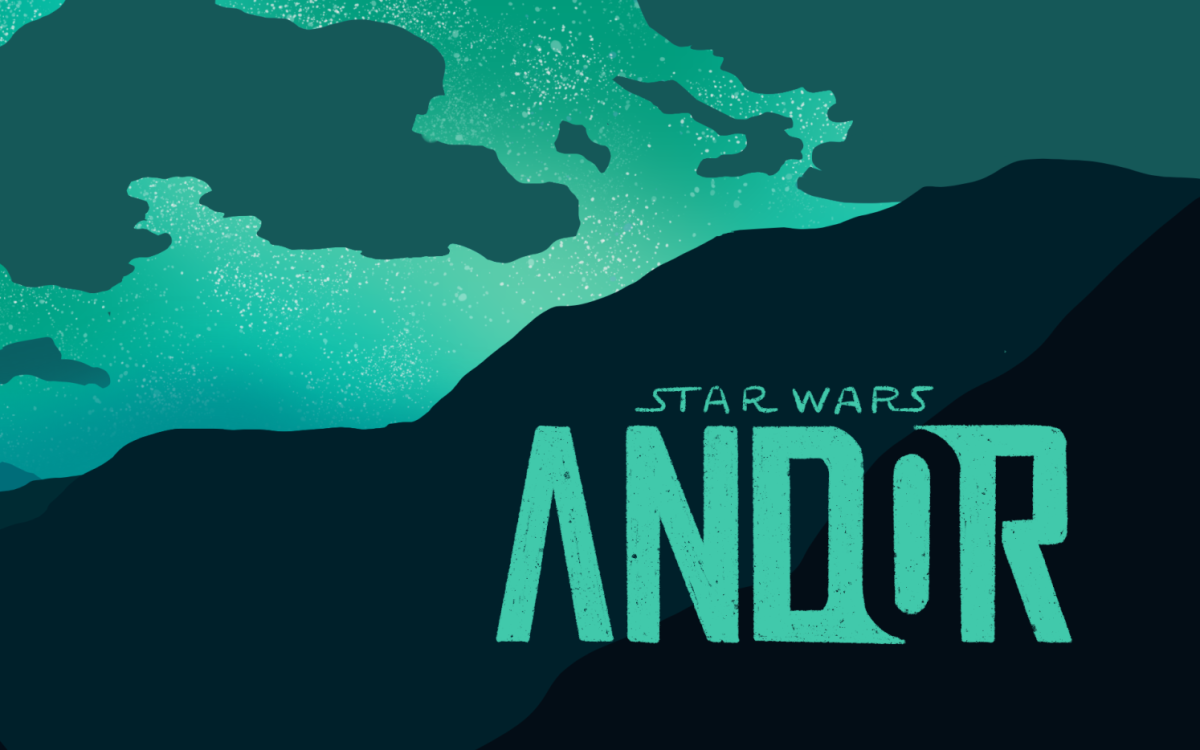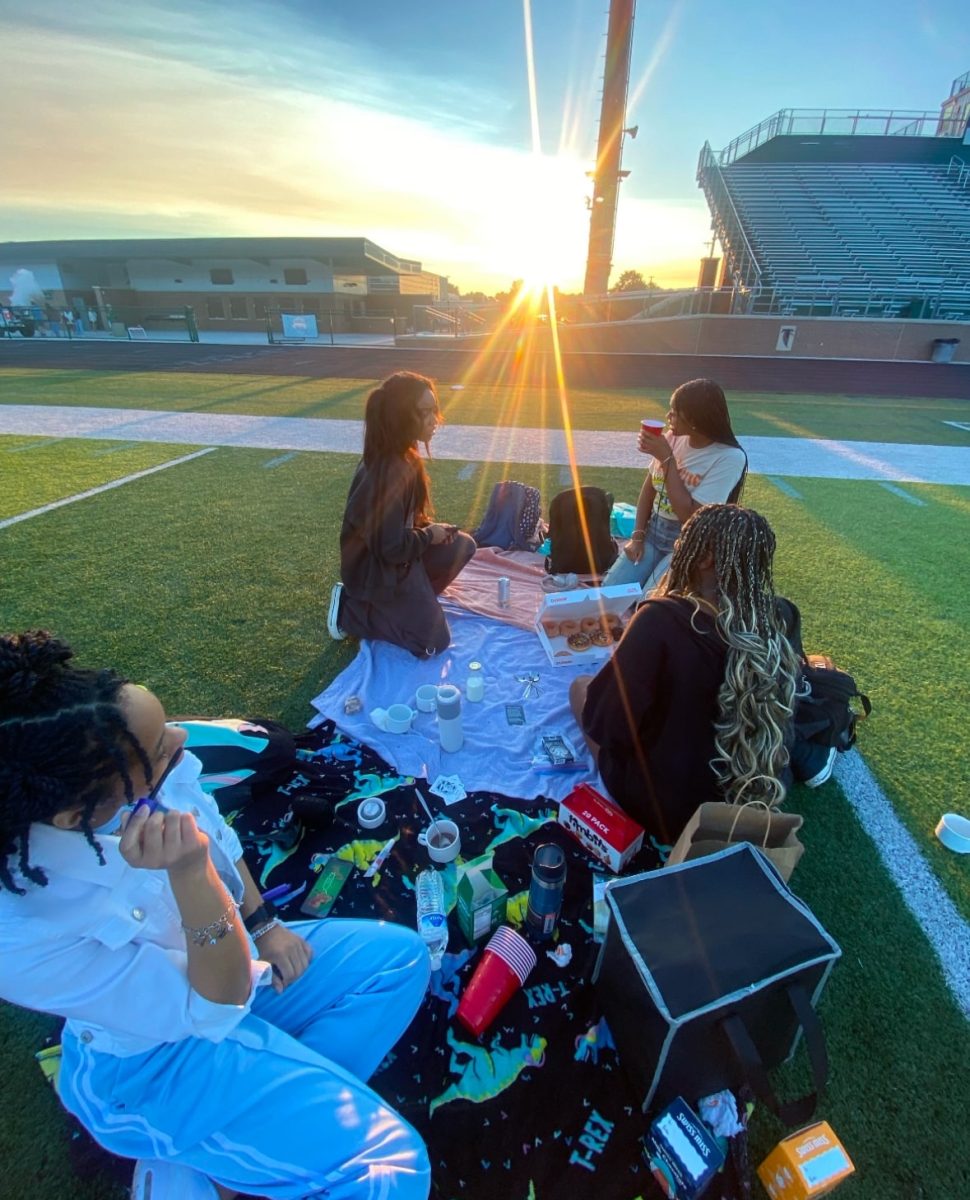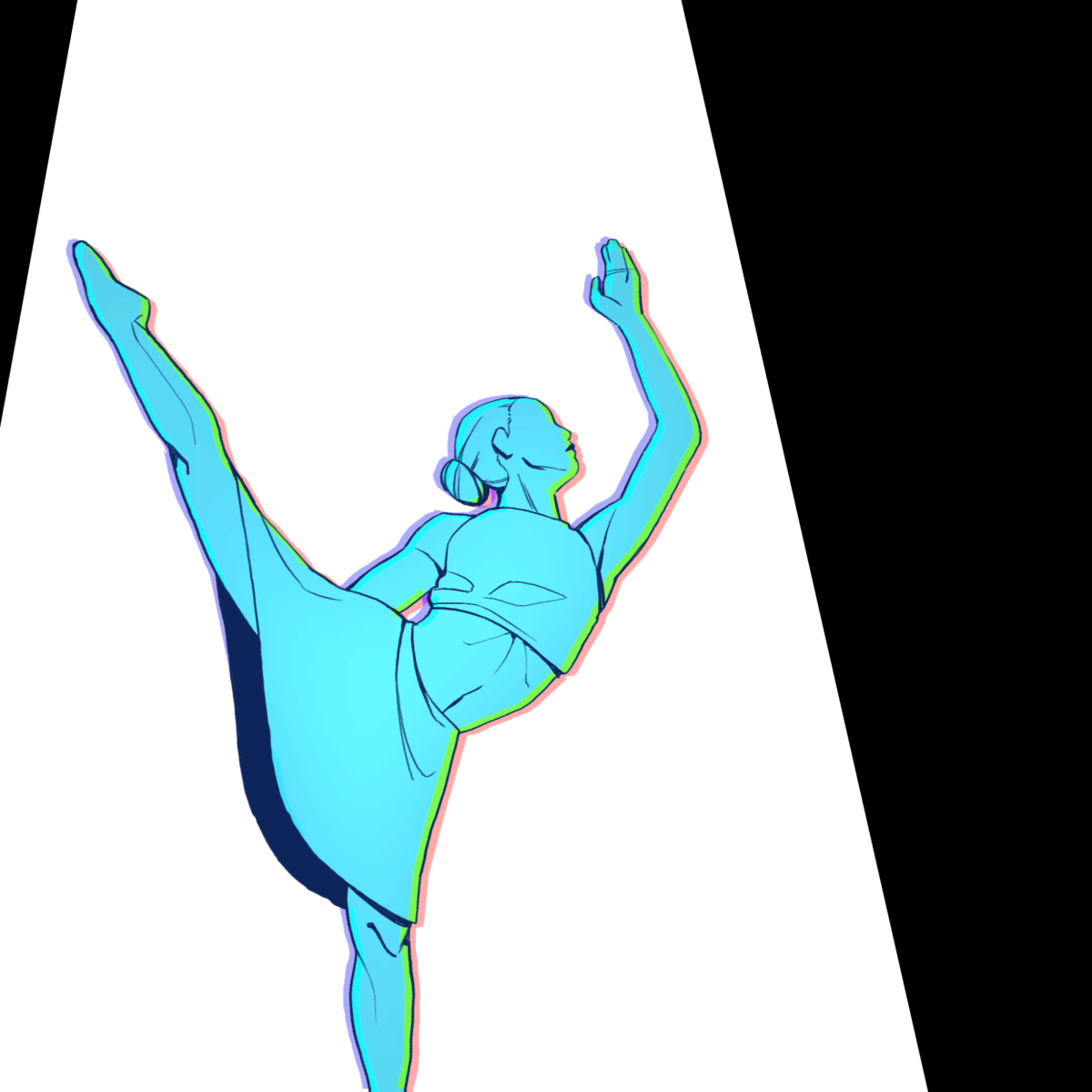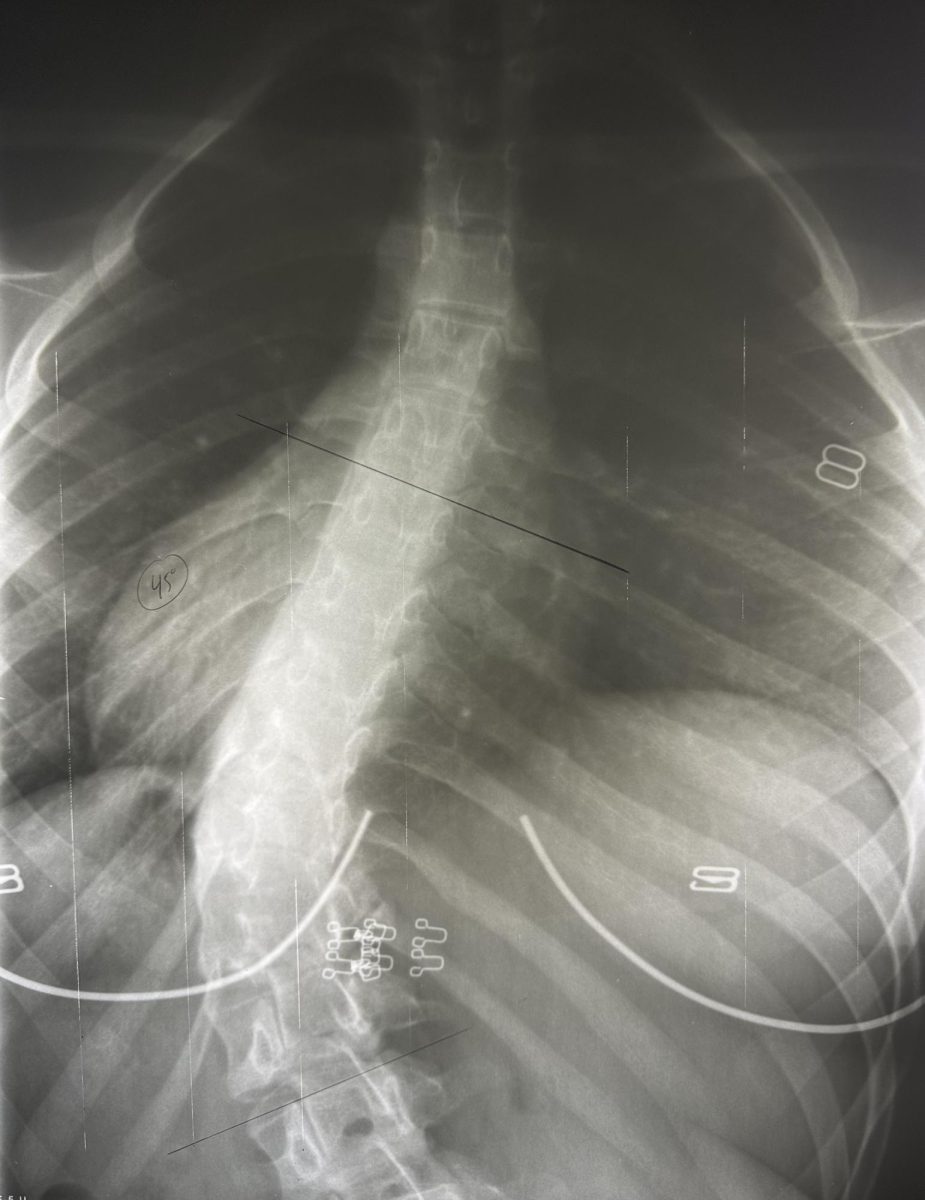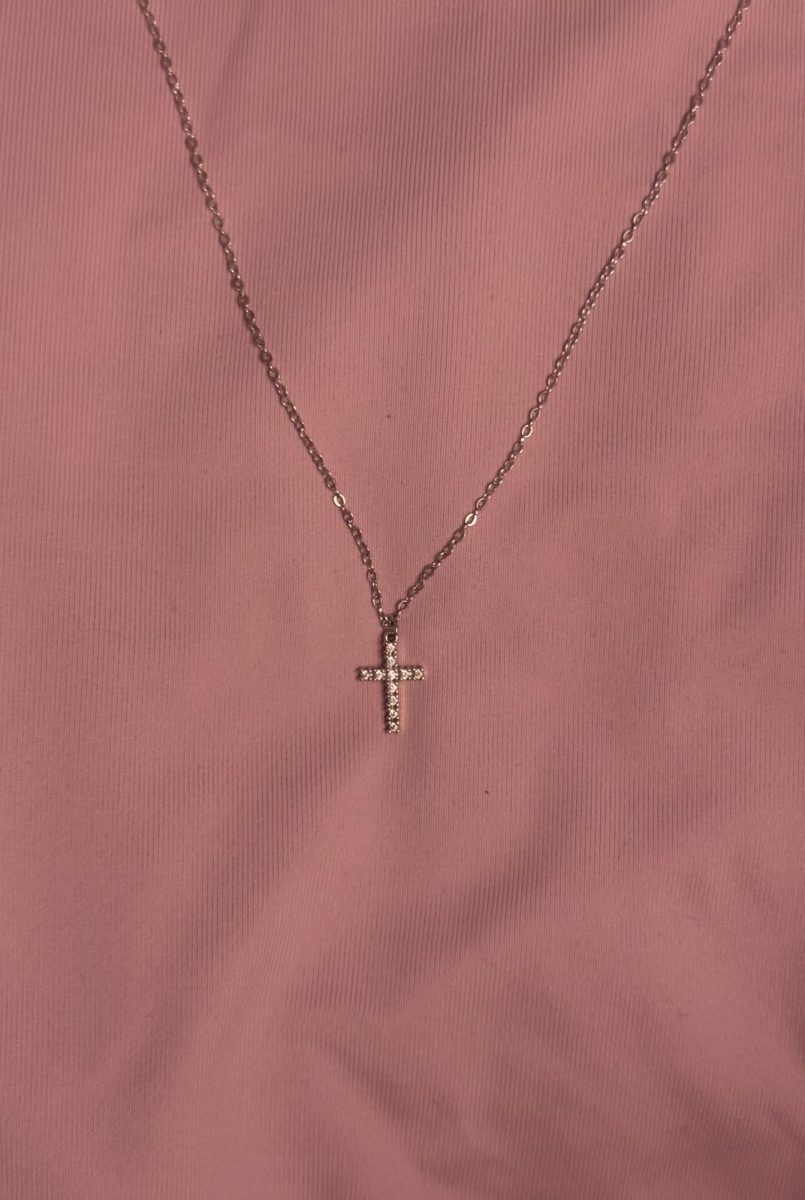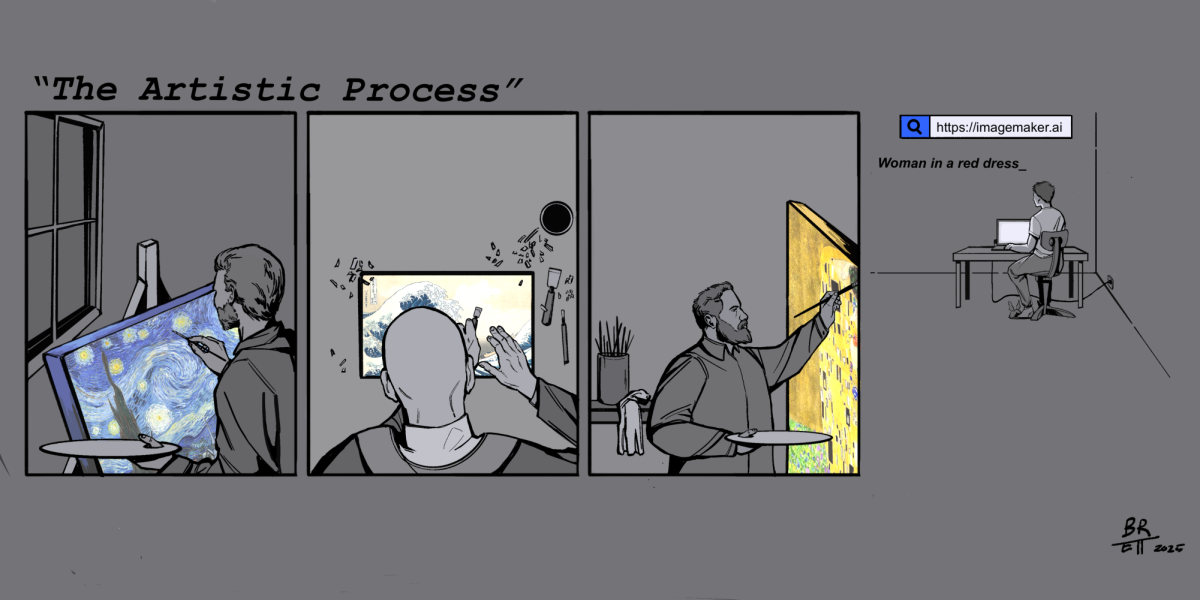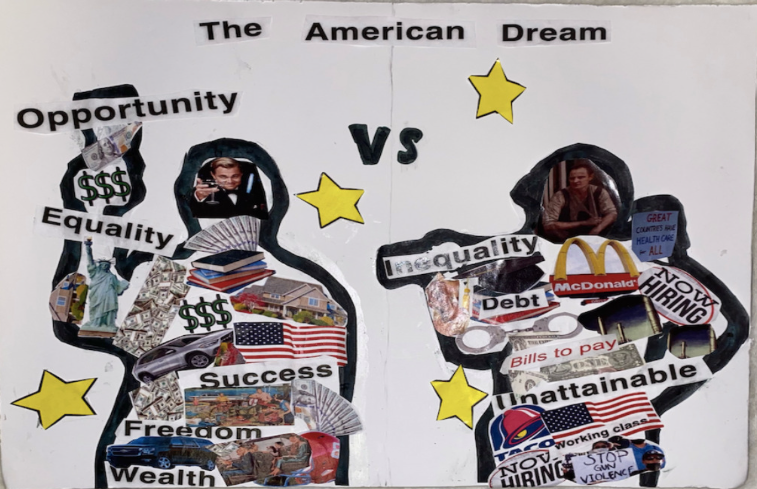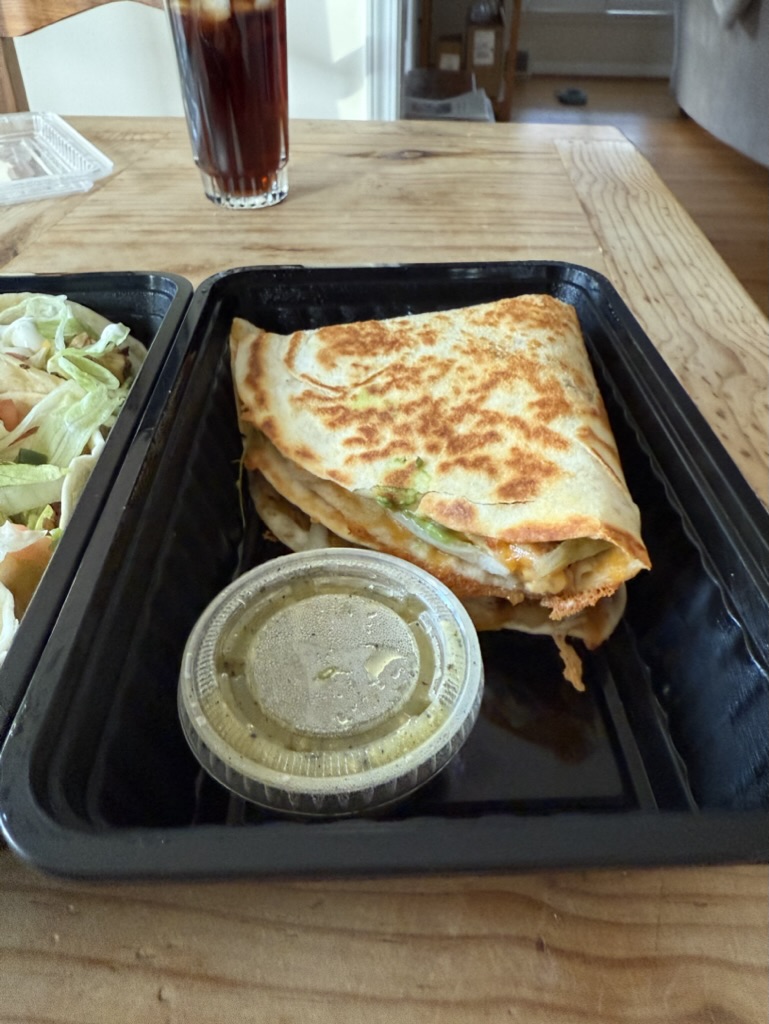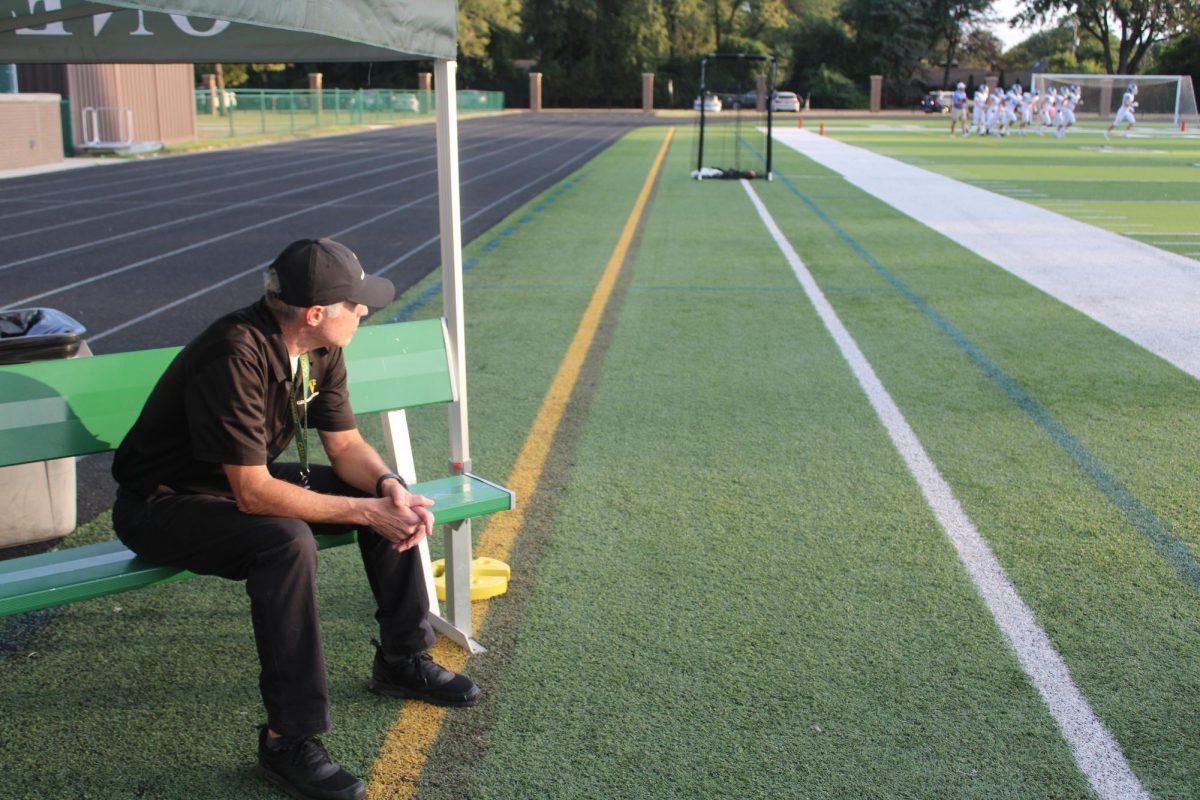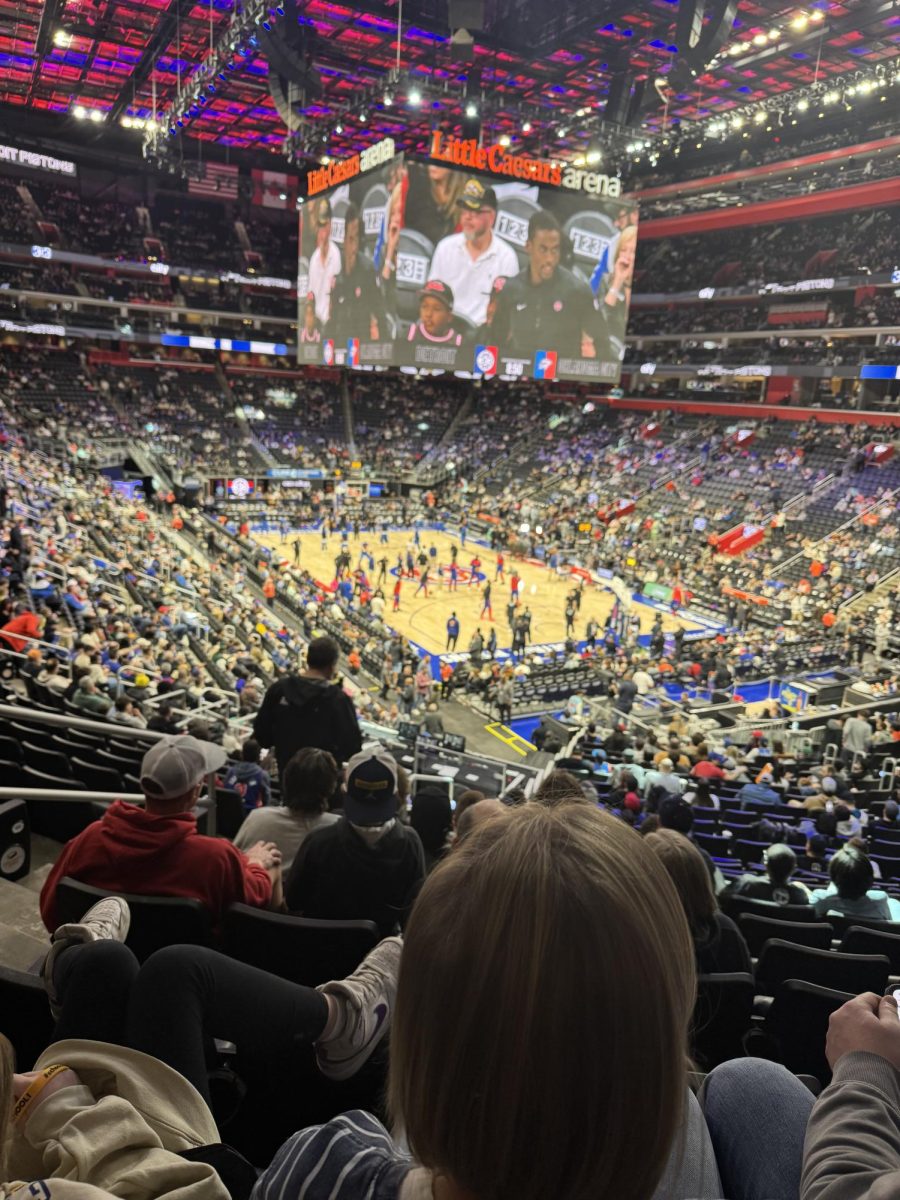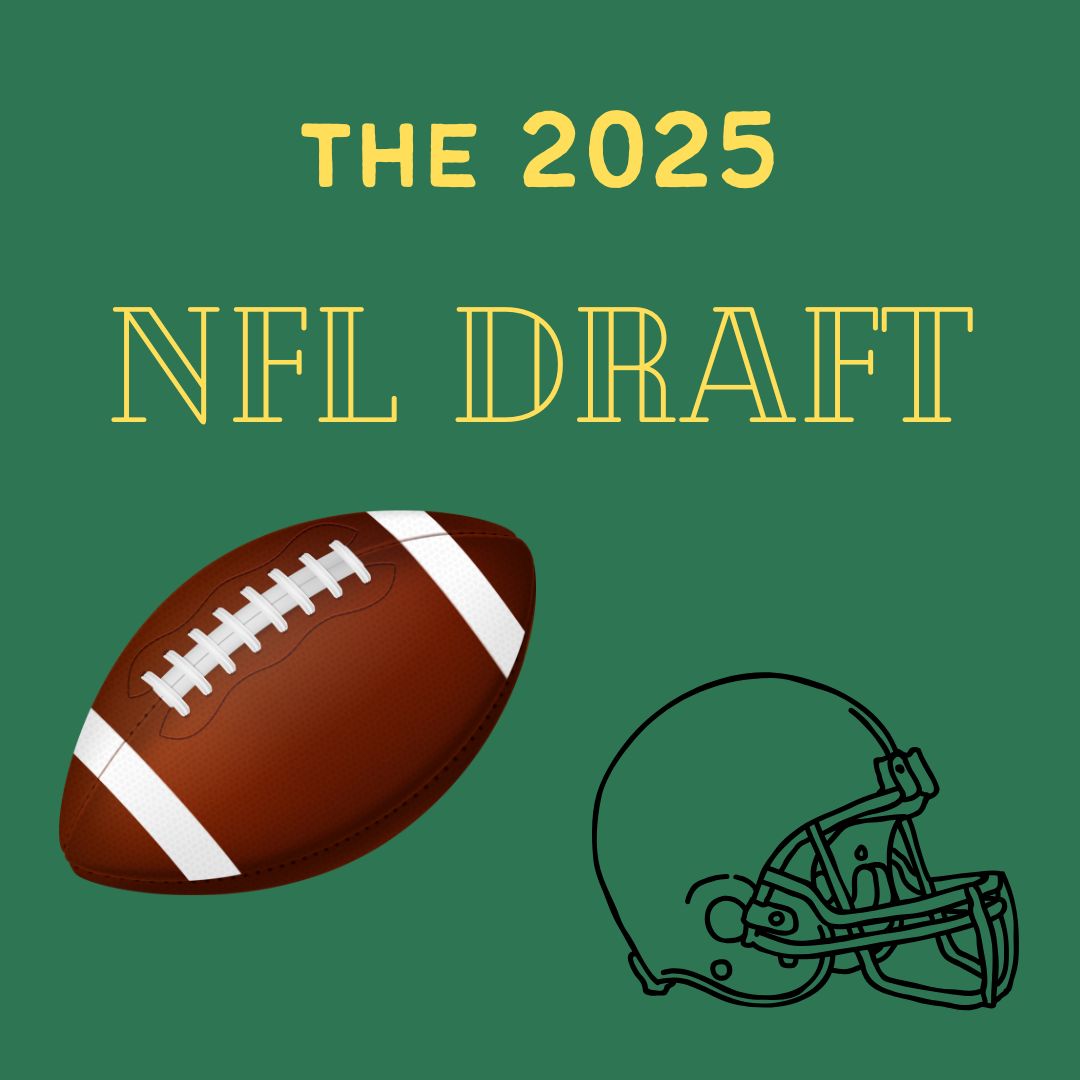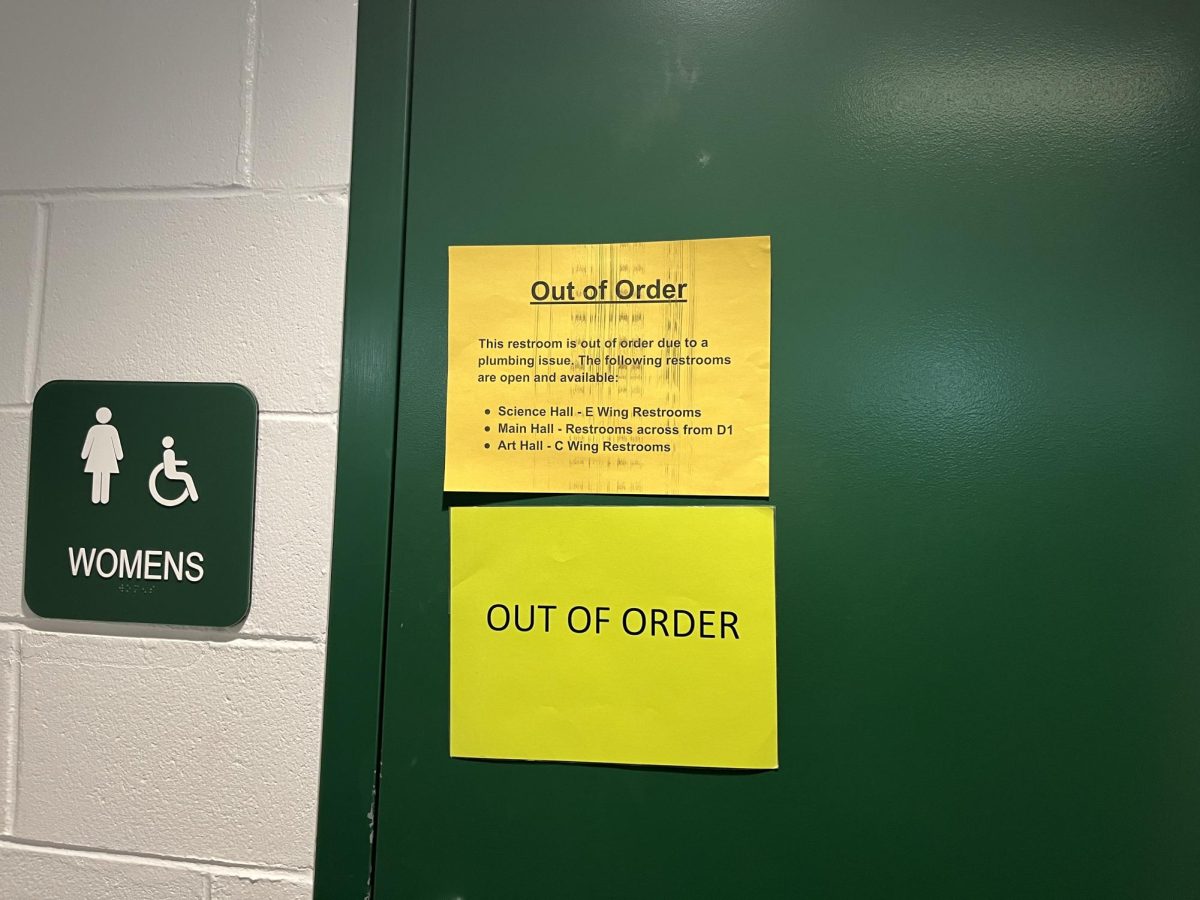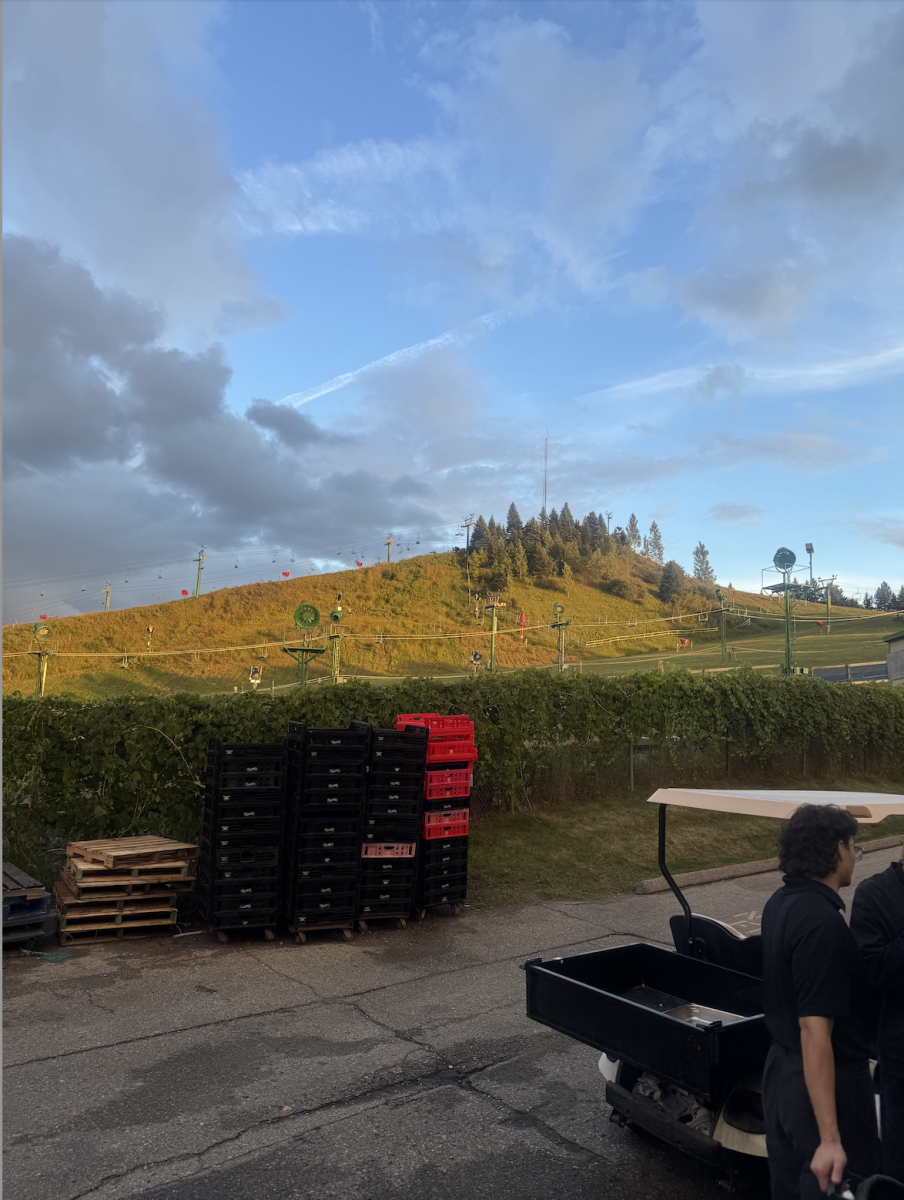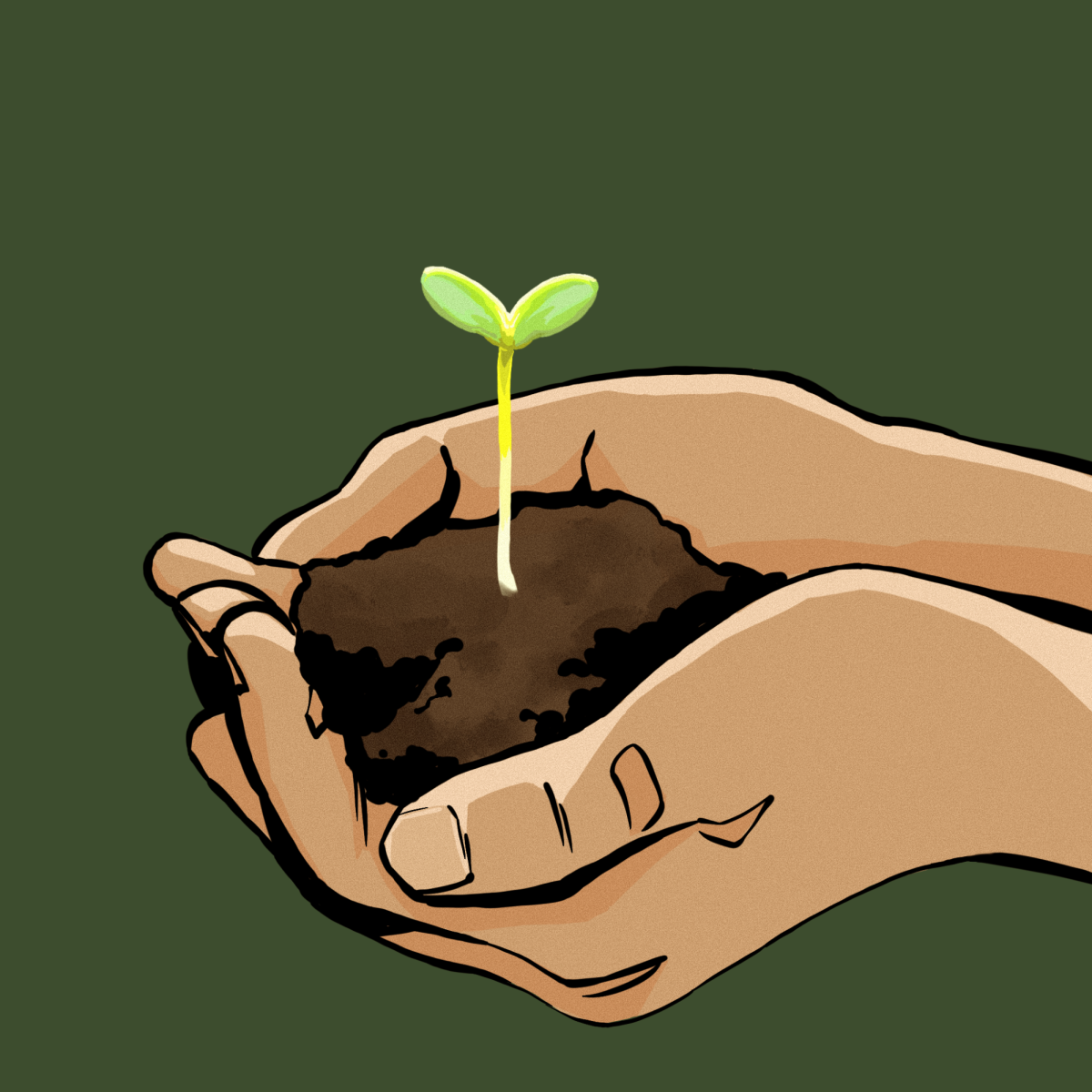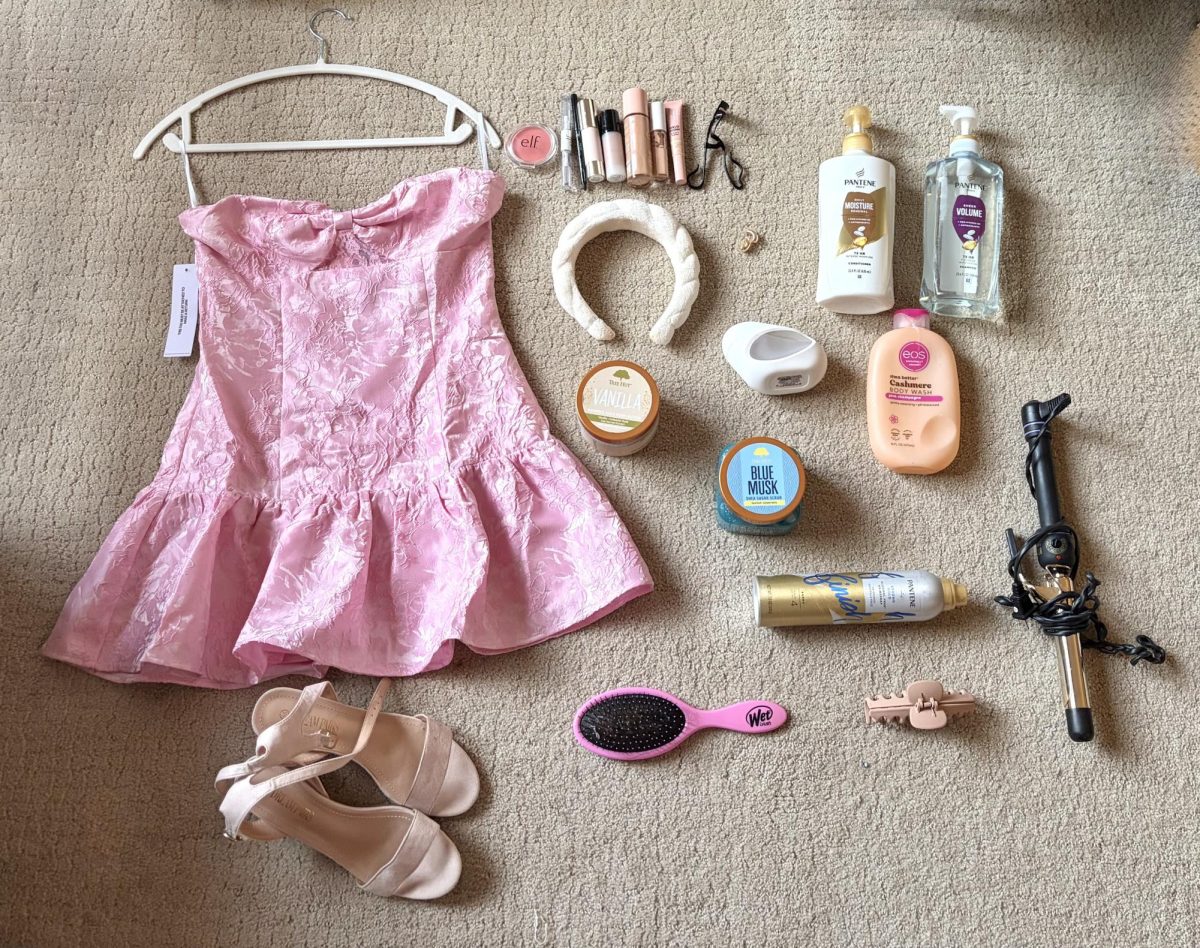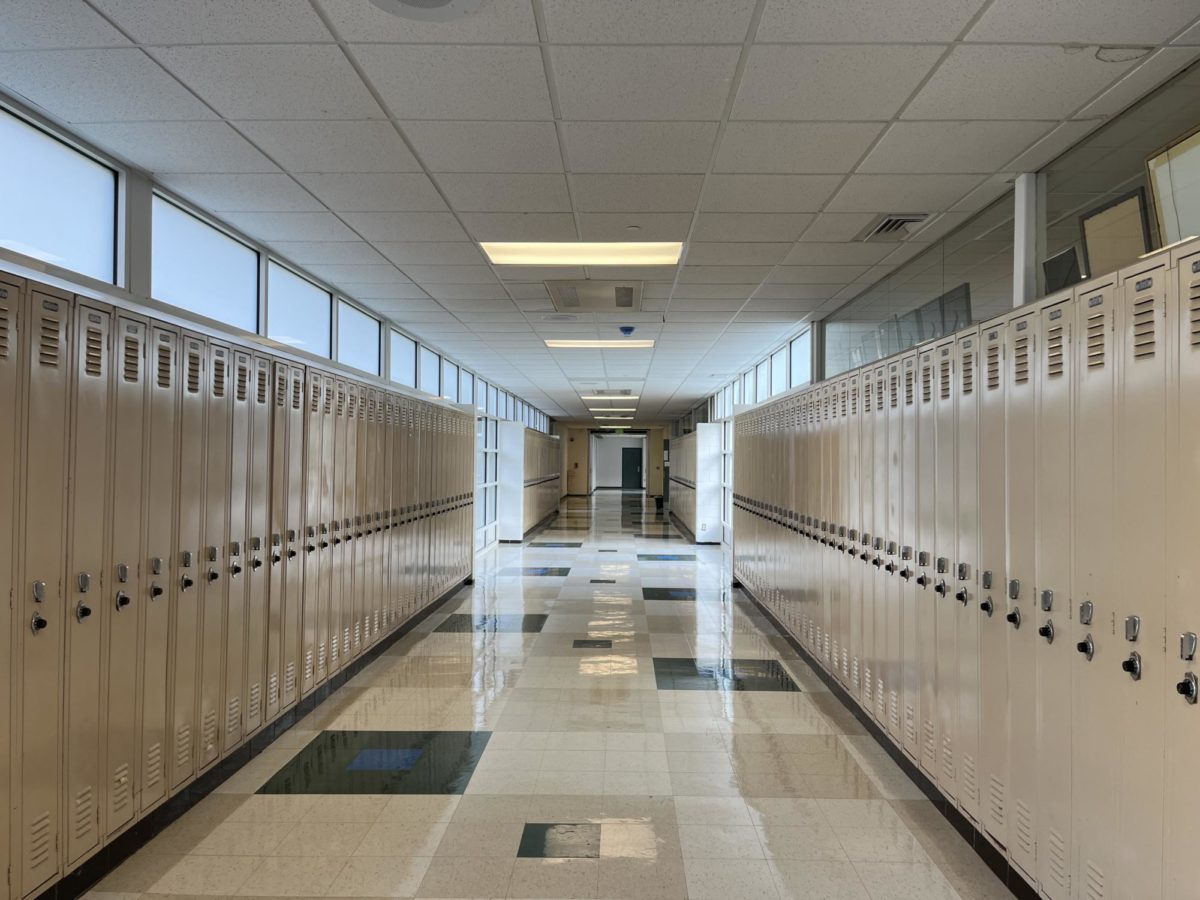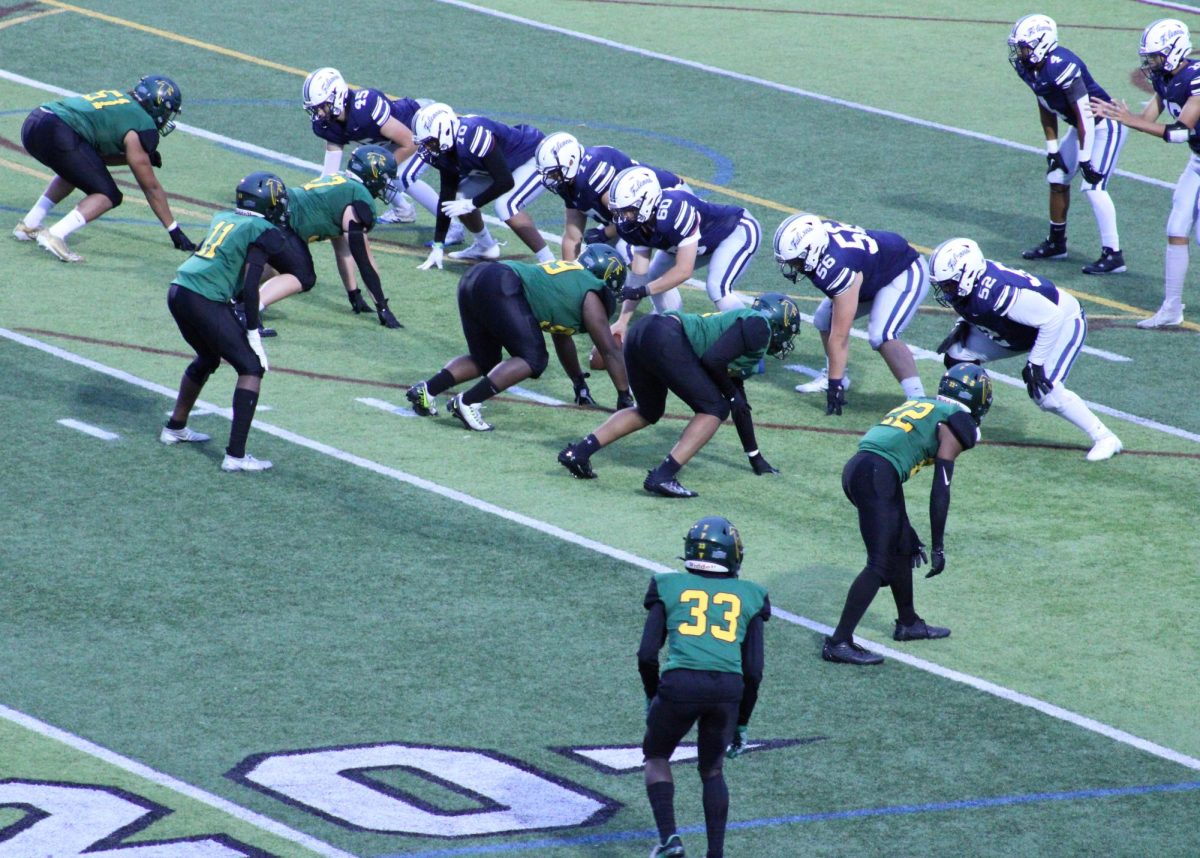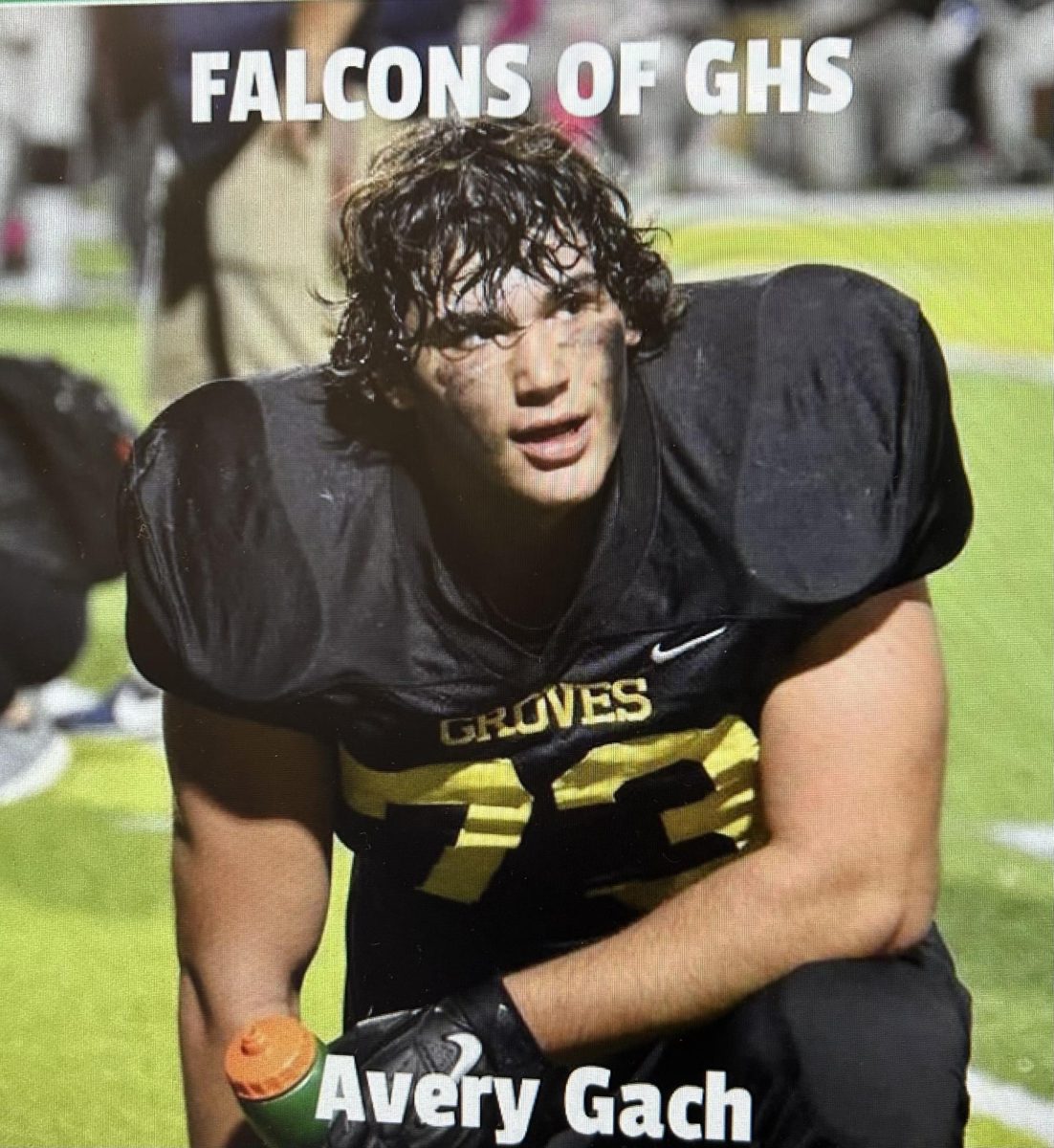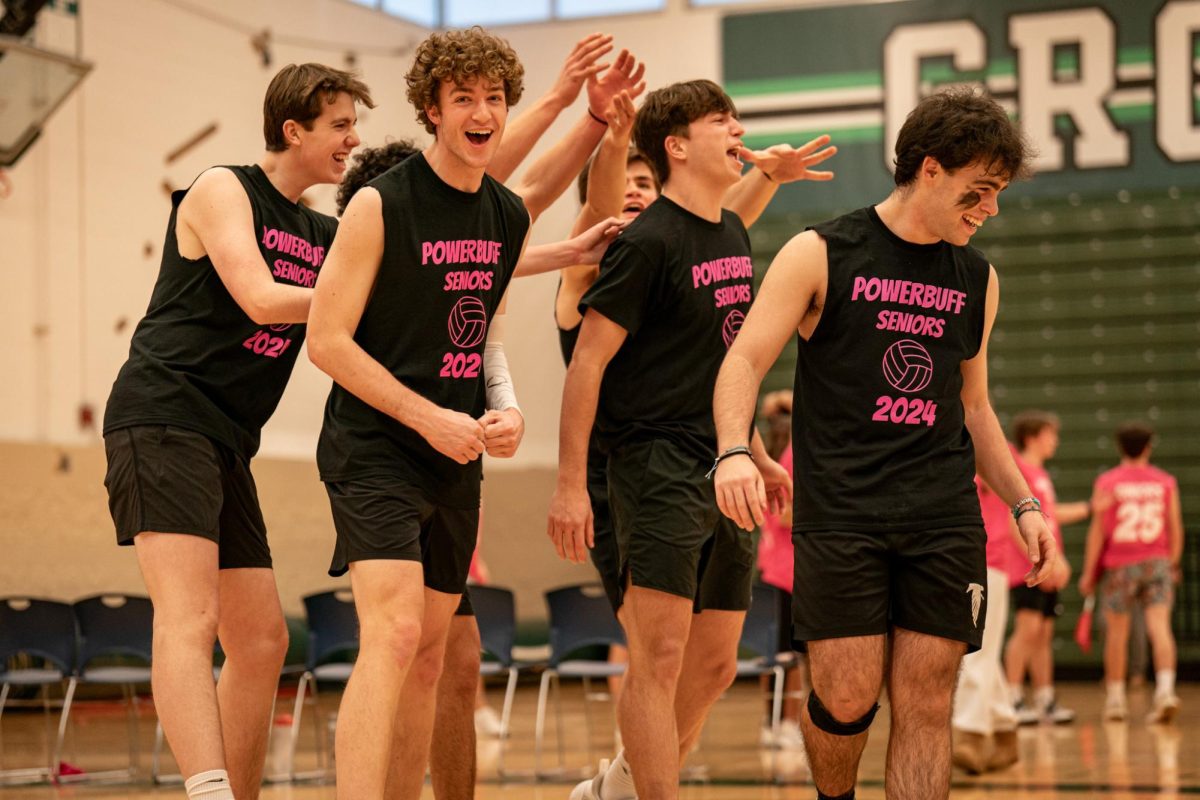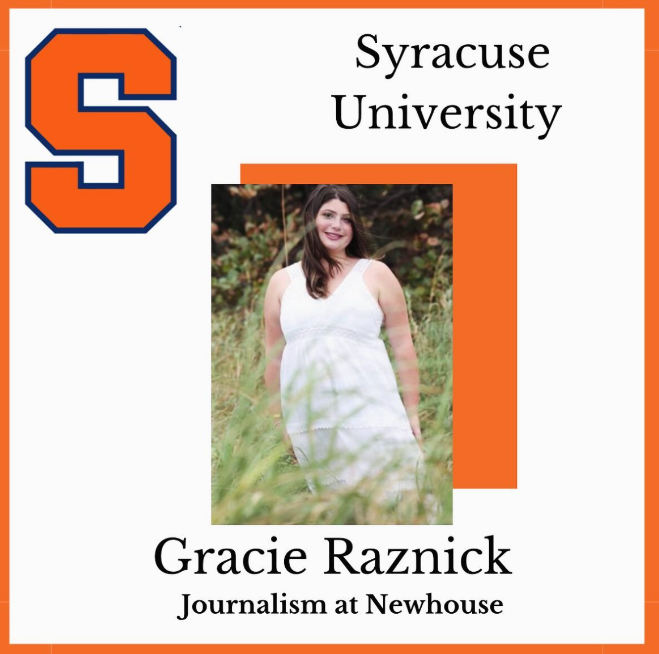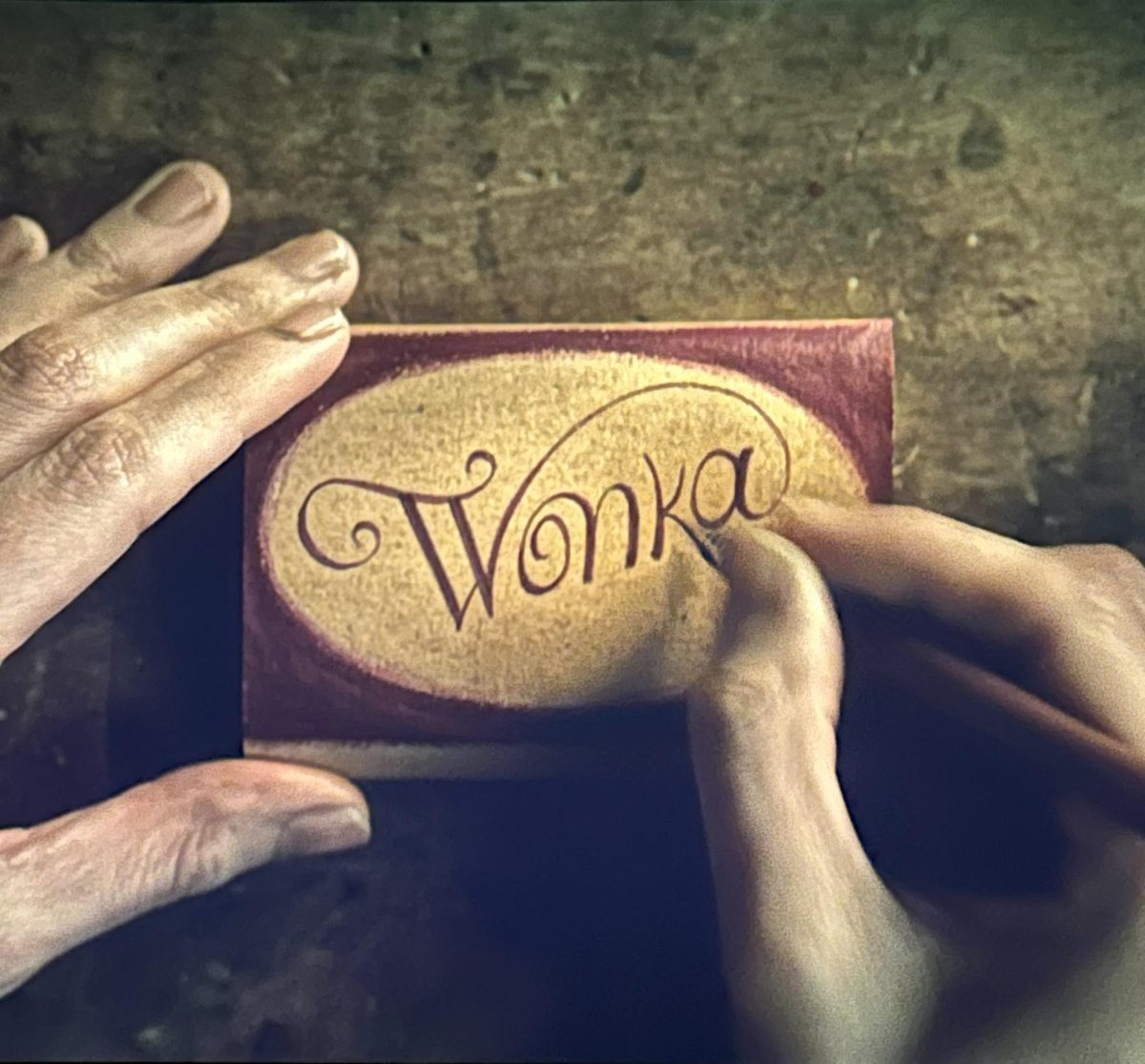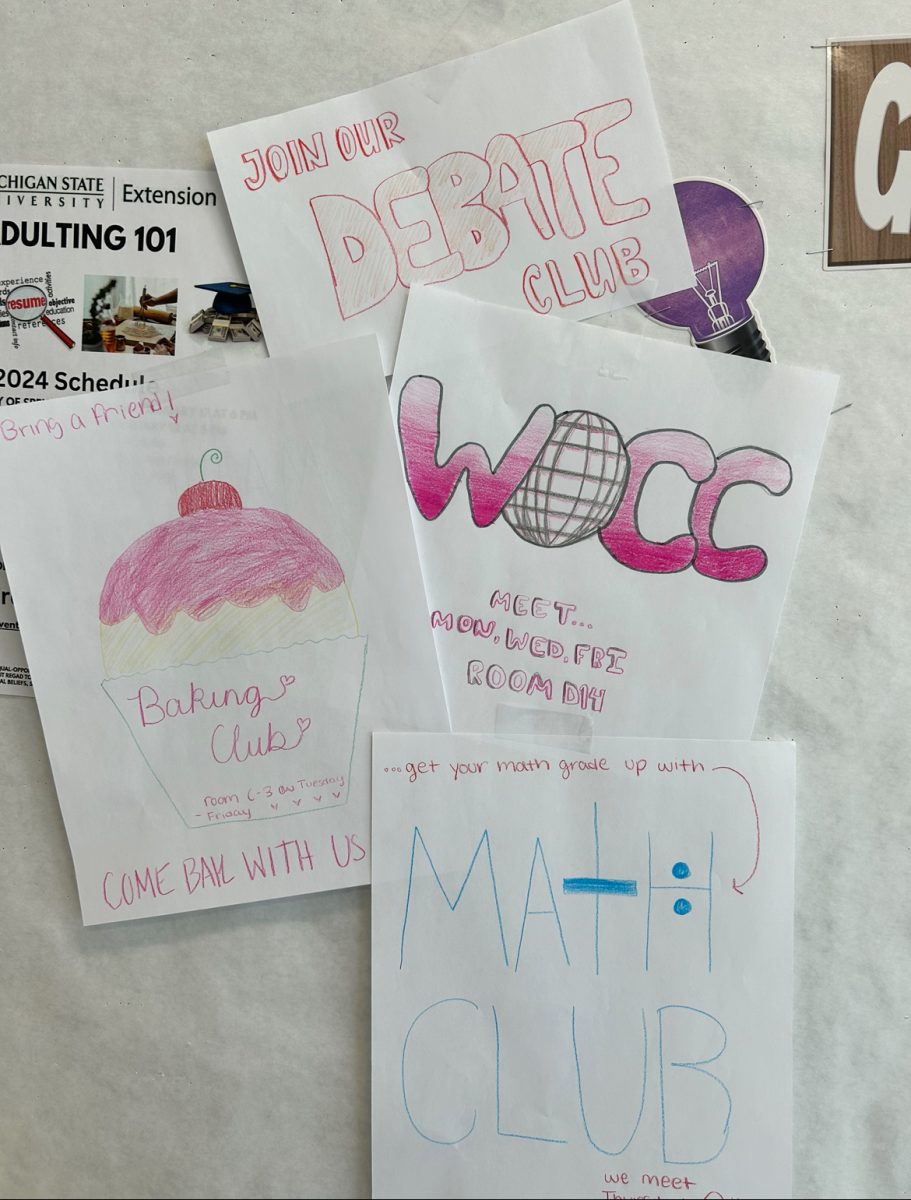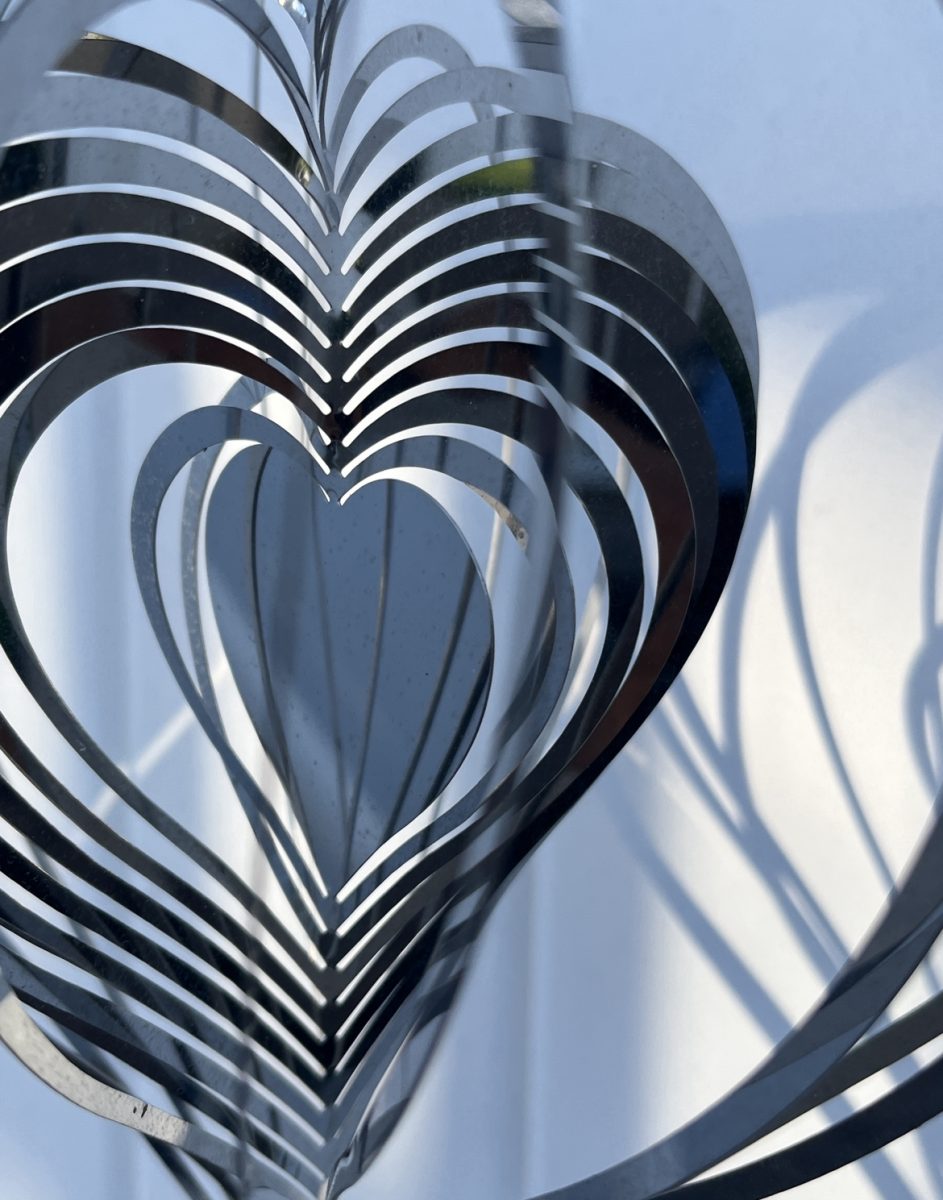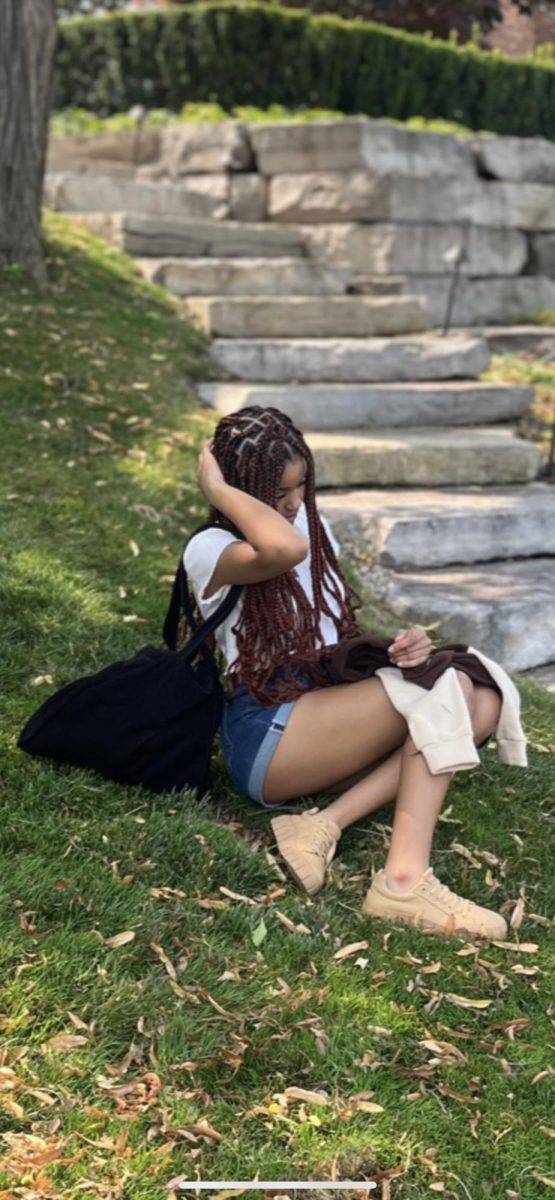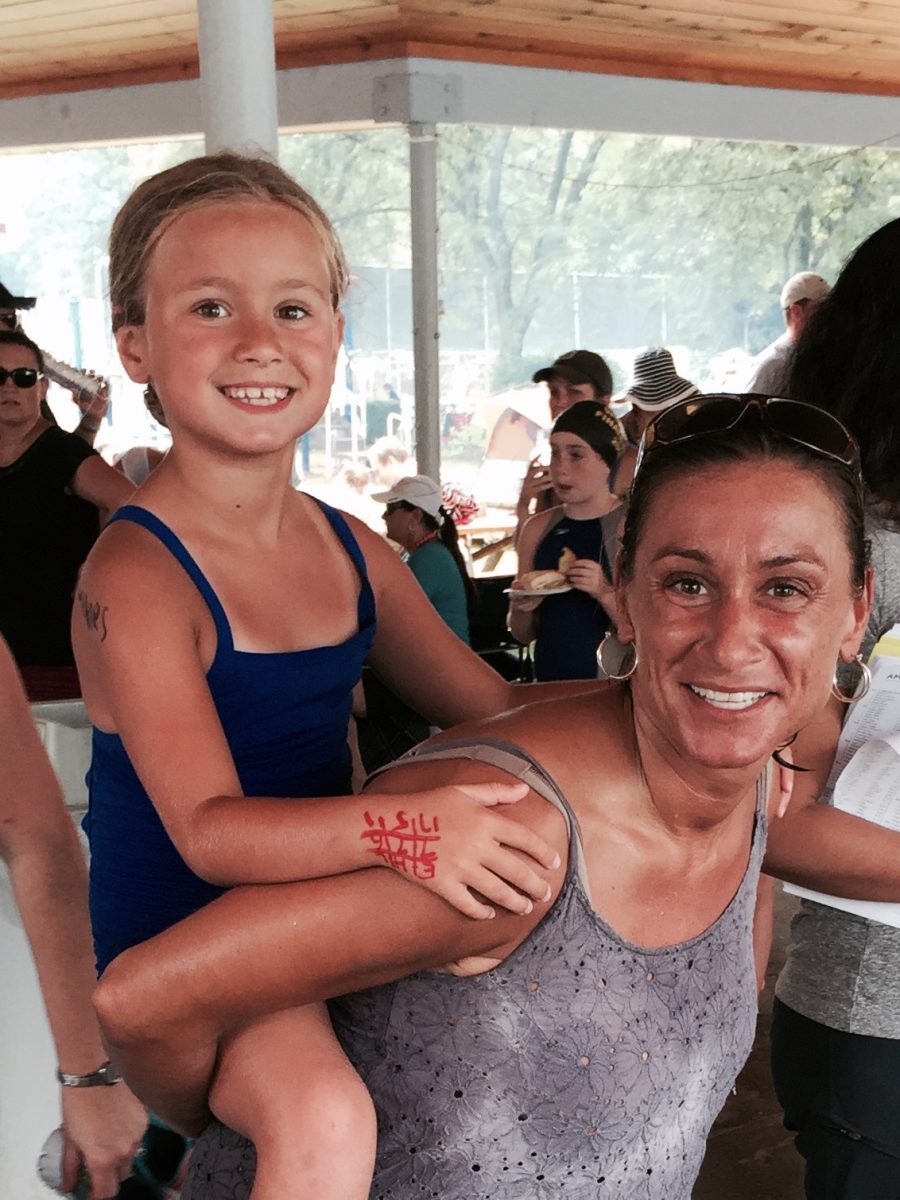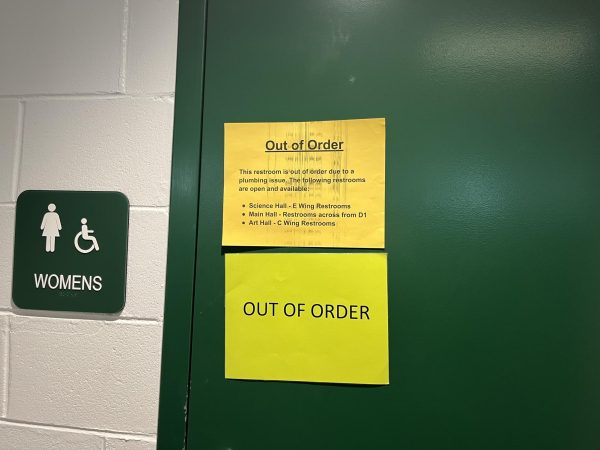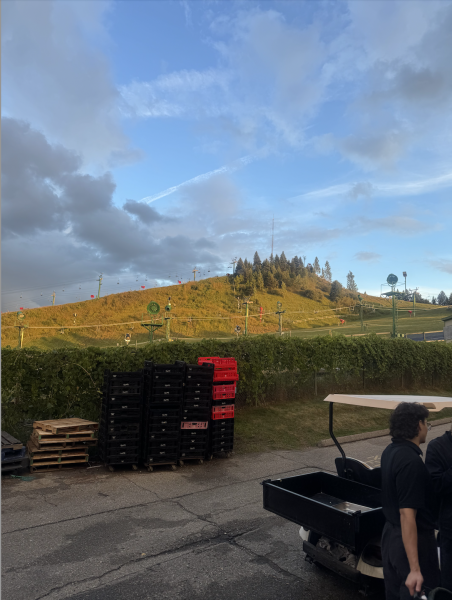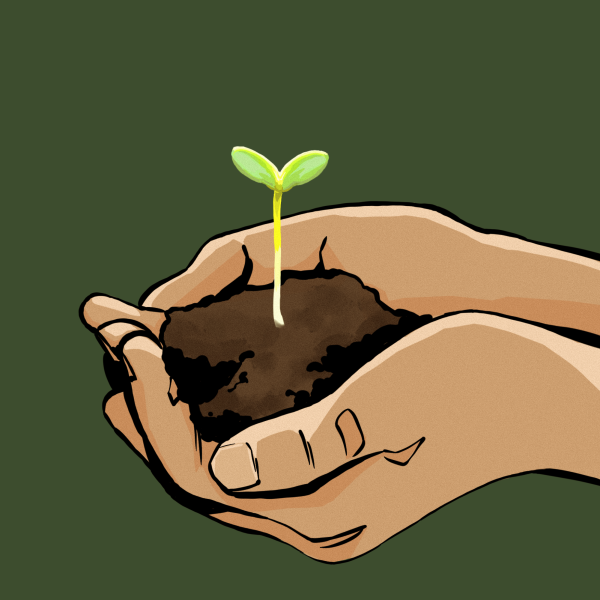BPS Hosts Veteran’s Day Brunch
“Our debt to the heroic men and valiant women in the service of our country can never be repaid. They have earned our undying gratitude.”
So said Harry Truman in 1945, and he was right— we will never, ever be able to repay our veterans for what they have given and done for our country. That doesn’t mean we can’t try.
On November 10, the Hawthorne Room over at the BPS Administrative Building was full of men and women who had gathered for the annual Veteran’s Day brunch, organized by Joan Crampton, the executive assistant to the superintendent and the mother of veteran Mark Crampton, who was in attendance.
I was officially in the Hawthorne Room as a representative of the Scriptor, armed with my camera and notebook. Unofficially, I was there as the great-granddaughter of three World War 2 veterans, and the granddaughter of American Legion legacy members, and to be honest, that was on my mind just as much as my journalistic responsibilities.
I thoroughly enjoyed Dr. Roberson’s welcoming speech and the performance by Seaholm’s after-school choir group, who sang a delightful rendition of the “Star-Spangled Banner,” as well as the Beatles’ “All My Life,” the Fleet Foxes “White Winter Hymnal,” and A Great Big World’s “Say Something.” And then we came to the Pledge of Allegiance, led by Navy veteran John Williams.
“By executive order, soldiers in or out of uniform are entitled to salute during the Pledge of Allegiance. So I want to see those hands up, and for our civilians, hands on your heart,” he ordered. “All hands!”
Automatically, every veteran in the room stood up straighter and sharply saluted.
After we had pledged allegiance, we sat down, and the microphone was passed around the room so the veterans could introduce themselves. The men were mostly Vietnam vets, but there were a handful from Korea, some from the Gulf War, and a few from World War II. When a man announced that he had served in WWII, spontaneous applause broke out amongst the rest of us.
Another man stood and gestured to his friend who was sitting next to him. “This is my buddy Jim,” he told us. “We grew up together, we went to Vietnam together. We came home together.” That got a round of applause too, and I glanced behind me at the banner hanging on the wall- the names of the men from Birmingham who had gone to Vietnam with their buddies and hadn’t come home.
The Marines have been called “the few, the proud”, and I can say that it’s an accurate slogan- I could count the Marines in attendance on one hand, but whenever they announced their branch to the room, their fellow Marines cheered. Once the introductions were over, the Marines gathered in a corner of the room, talked amongst themselves, and all took a picture together. Later, one of them gave me his email address and asked me to send him the photo.
“It’s the Marines’ birthday!” someone yelled. (It was. The Marines were originally founded on November 10, 1775.) “Semper Fi!”
“We look pretty good for 247 years old!” another guy replied.
Later, a World War II veteran stood to introduce himself, but I don’t remember his name or branch, because I could only focus on his voice- soft and slightly quavery, just like my Grandpa Rich.
Rich Monteith, who married my great-grandma Nancy in the ‘90s after my Grandpa Rice passed away, had been an Army man who came home from WWII with a bullet in his hip as an unwanted souvenir. Even in his late nineties, he was fiercely defending his garden from squirrels that he would trap, tag, and drive miles away to leave in parks. When he died in December 2020, I went along to help clean out the house before my great-grandma moved into an assisted living home. In his garage workshop, we found a detailed chart of every squirrel he’d ever caught, when he caught them, and if he had seen that particular rodent in his garden before.
Anyways, I was sitting with three Vietnam veterans- Frank Roche and Mark Reiner from the Army and Joe McLellan, who had been a lab tech. They all worked together with various veteran’s groups, and so did the two women seated with us- Lynn Parsons, whose father had been in the Navy in the Second World War, and Kathy MacDonald, whose husband was a Navy vet. Additionally, Frank is the service officer at the Royal Oak American Legion where Mark is a member of the Honor Guard.
They tried to include me in the conversation, the way adults do when they are unexpectedly confronted with a teenager. “So, you’re a student here? What do you think you’ll study in college? You like taking photos?” Joe told me about how he had gone to college on the G.I. Bill after the war ended, and eventually got his Master’s degree because of it- “the Army was the best thing that ever happened to me,” he said. But eventually, all conversational roads led back to the military, their friends, and the war. I was mostly left out.
I didn’t care; I had been expecting that. Not only is it the role of a journalist in situations like these to be a fly on the wall, as unobtrusive as possible, I’ve never served in the military (and as an asthmatic Quaker with the eyesight of an elderly mole, I most likely never will)- and therefore, I’m not in the club. So I sat there and listened.
“My mother was born in Canada, she wanted me to go to Canada- ‘cause you know, people went to Canada to get out of serving- she just couldn’t understand why I didn’t want to get out of it. A lot of people did.”
“You know Larry? He was living here, but he was Canadian- he was drafted, and sometime after the war, I ran into him, he was still struggling to become an American citizen. That’s really a topic to be angry about. Somebody serves this country and he can’t be fast-tracked into citizenship, something’s wrong.”
“Well, you know, World War II, my father and uncle went in right out of high school.”
“Yeah, in World War II, your family doesn’t know if you’re alive or dead, they’re just writing letters- ‘where are you?’ I knew a guy, he had his wife on the phone during a sniper fight. His wife’s freaking out, hearing bullets- why would you call your wife during a firefight?”
It occurred to me, as they chatted, that I’ve never really heard soldiers’ stories, not even my family’s. My Grandpa Stewart and Grandpa Rice both died before I was born, but according to my dad, they didn’t even discuss the war when they were alive. I know the basics— Grandpa Stewart was in the 6th Cargo Combat Squadron in the Philippines, and Grandpa Rice was somewhere in China (after a head injury, he was sent home to Michigan with little to no memory of his time in the Air Force). But none of us know any of their stories. Did Grandpa Rice have any buddies who he served with? Did they all make it back? Did they stay in touch, afterwards? Did he have anyone to talk about his experiences with, the way these guys do?
I was shaken from my thoughts when Joe McLellan addressed me directly- “This statement sums it up here, Erika.” He read aloud from one of the placemats, which were laminated letters and drawings from elementary school students. “You do a good job at work. I am very happy with my life. That’s why we did this.” (Later, when we all left, Joe took his placemat with him, as did many of the attendees.)
Brunch was served, first for the veterans and then, once they’d filled their plates, for the civilians. I love breakfast foods, and I volunteered for this assignment as soon as our journalism advisor said “they need a volunteer to cover a brunch-”. They had croissants, muffins, sausages, meatballs, fruit, and mini quiche. In another setting, or another reality where politeness doesn’t matter, I would have taken every single mini quiche from the silver tray, but I settled for two.
My standard breakfast, which I have every weekday, is a cheesy egg breakfast sandwich. The other day, I was making my morning egg sandwich and my dad came in and said, “Aren’t you getting sick of those?” and I replied, “No, I like eggs” (I do like eggs. Quiches, omelets, fried, over medium, or sunny-side up, I like eggs.). He said, “You know, Grandpa Stewart always loved eggs too,” and he walked off and I was left with this connection to a man I never knew. Are my breakfast habits somehow genetic? Did he like the yolks runny, almost jammy, like me? Was he a sourdough toast man, or did he prefer rye?
Were he still alive, I would have invited my Grandpa Stewart to come with me to the Hawthorne Room for brunch. From what I have heard, he was a taciturn man who insisted on chewing his food thirty times before swallowing- ostensibly a habit from the military, but possibly just a way of avoiding conversation at the table. I’m a famously talkative dining companion. He loved golf- even built a putting green in his backyard so he could practice whenever he wanted- and I’ve signed petitions to get rid of golf courses, which are terrible for the environment. He was a Knight of Columbus, I’m a deeply feminist Quaker.
While we ate, a man stood up for a toast- “To the Navy, the greatest Uber service in the world!” He paused as we all chuckled. “Best dance partners, too- they always let us lead!”
The Marines all ate together, despite being perfect strangers before that morning. Joan Crampton enjoyed a croissant with her son. Scott MacKinnon, Groves’ Technical Operations Assistant who was there to assist with the technical operations, reinforced the banner of fallen Vietnam veterans with more duct tape (it had fallen down once while introductions were going on). Lynn, Kathy, and Frank discussed the Catholic mass they had attended together the night before, and I realized that it had been at the same church my grandparents were married at, which delighted them.
While I would have been happy to keep brunching with these folks for a few hours, we had a hard out at 12:30, so we eventually cleared our plates and headed down to the vestibule to take a photo of everyone. The men gathered in front of a brass plaque on the wall- one honoring the Birmingham High School alumni who had fought in World War I. One of the names on there has always stood out to me- Wylie E. Groves fought for his country in the Great War, survived, and came home to Birmingham, where he became the much-loved treasurer, and later president, of the school board. When, in 1959, it came time to name the new high school, it was announced that it would be named Wylie E. Groves; sadly, Mr. Groves had died several months prior, and never knew about the decision to name it in his honor. I think about that a lot.
The point is, we gathered by the plaque, and there were so many veterans that we could barely fit them all in the photo. We did it, eventually, and we shook hands and went on our merry ways- the vets to their cars, and me through the secret door connecting the administrative building to Groves.
Later, I got a text from my grandparents- they had gone to the cemetery and tidied up their fathers’ graves on the holiday. I sent them back emoji hearts, made my egg sandwich, and watched squirrels out the window.
Your donation will support the student journalists of Wylie E. Groves High School. Your contribution will allow us to purchase equipment and cover our annual website hosting costs.
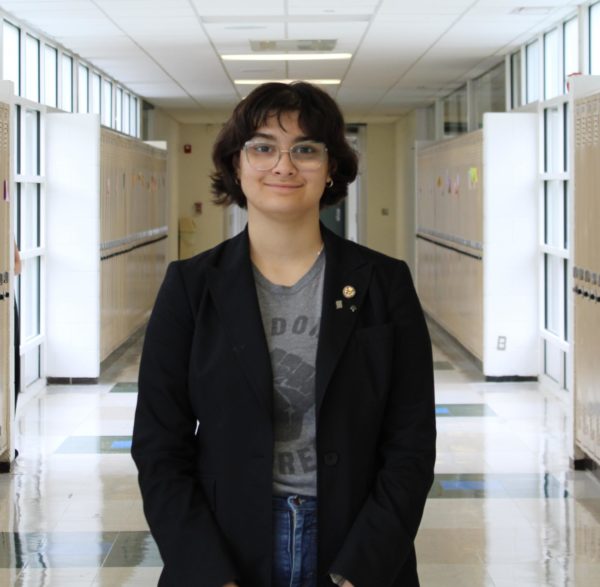
Erika Sharafeddin-Rice is a senior at Groves High School who plans to attend Northern Michigan University in the fall, where she will study Journalism...


